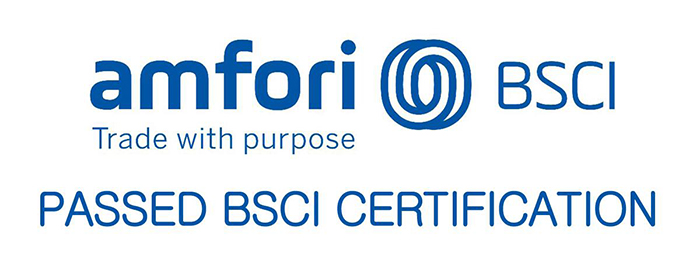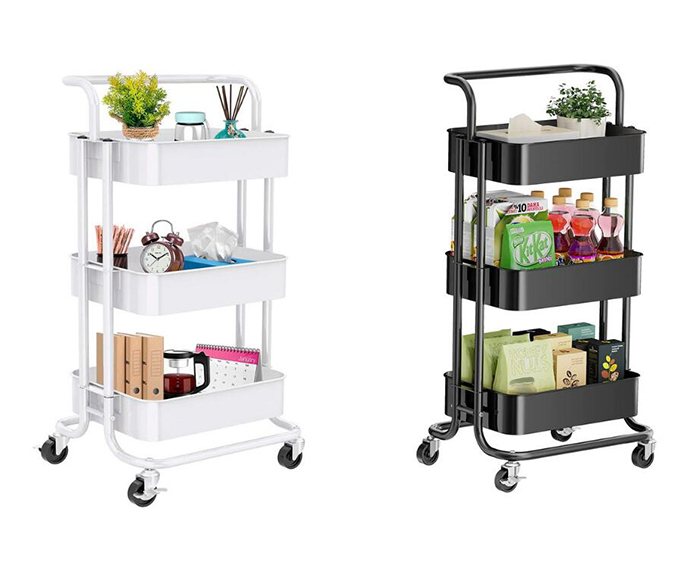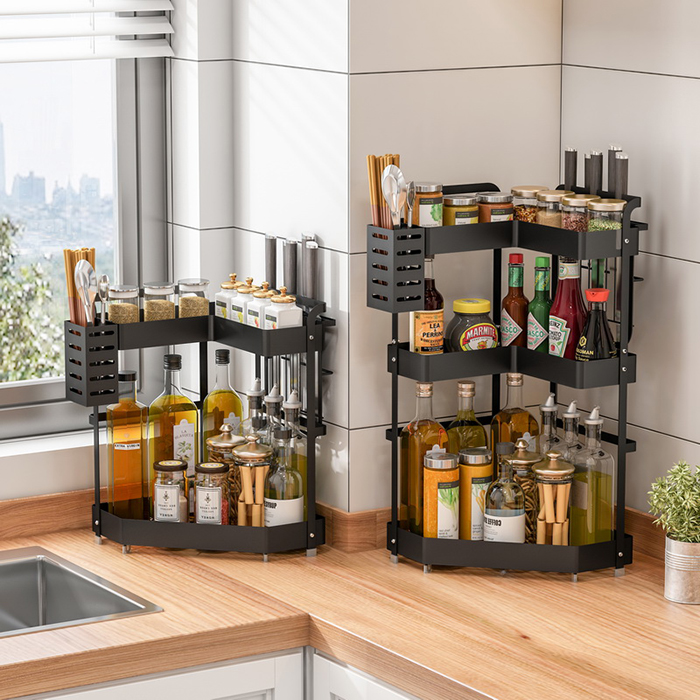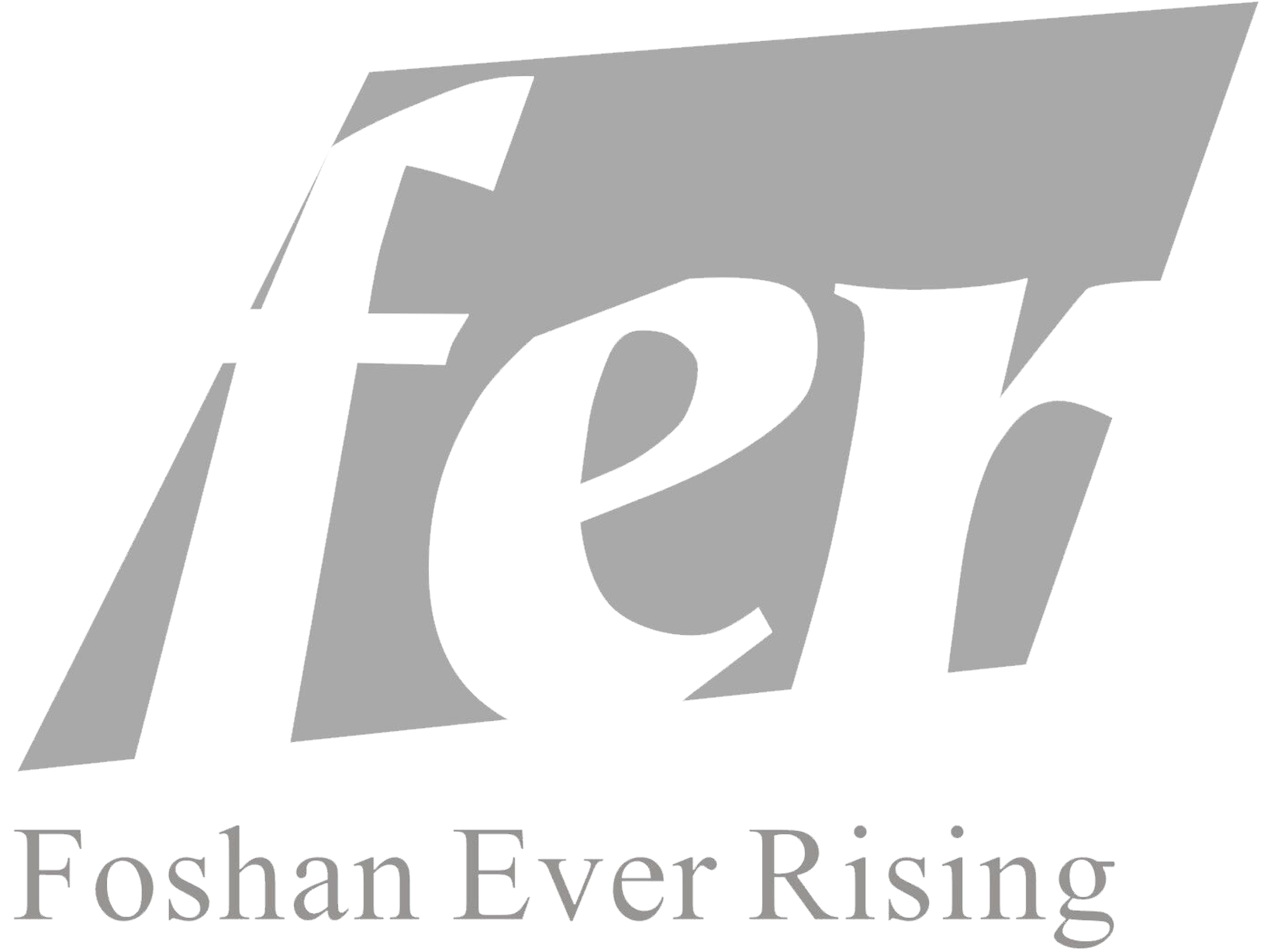FER Renew BSCI Certificate
FER has successfully renewed its certificate after passing the BSCI (Social Responsibility) audit, laying the groundwork for the expansion of its metal home furnishing products into major European outlets.


With this certification, our household products, such as the Trolley Service Shelving Cart, will be sold to major supermarkets in Europe through this route.

BSCI factory inspection refers to the BSCI (Business Social Compliance Initiative), that is, the initiative of the business community to comply with social responsibility organization of the BSCI organization members of the global supplier of social responsibility audits, including: compliance with the law, the right to freedom of association and collective bargaining, the prohibition of discrimination, compensation, working hours, workplace safety, Prohibition of child labor, prohibition of forced labor, environmental and safety issues.
Through BSCI one certification can cope with different customers, reduce the second-party auditing of suppliers by foreign customers, save costs; establish international credibility, improve corporate image; make consumers build positive feelings towards the product; solidify cooperation with buyers, and expand new markets. Companies like our The L-Shaped Corner Kitchen Storage Rack will get more attention from customers.

Why do so many customers care about a certification that has nothing to do with product quality?
As a consumer in the international market, they are not only concerned about whether the product is cheap and of good quality, but also about who produces the product and the environment in which it is produced. However, our 2 Tier Metal Black Dish Drying Rack has been recognized by our customers for a long time because of the quality of our products.

The term "sweatshop" first appeared in 1850, referring to factories or workshops where workers were subjected to unfair treatment, such as low wages, long working hours, and poor working conditions. Since 1850, immigrants have flocked to sweatshops in cities like London and New York, and this has been going on for more than a century. The term "sweatshop" comes from Charles Kingsley's novel Cheap Clothes and Dirty (1850) and describes the extent of the work of workers in such workplaces.
Sweatshop conditions are in many cases similar to prison labor; in 2014, one factory was found to have "failed to protect workers," overwhelmed workers fell asleep during 12-hour shifts, and an undercover reporter had to work for 18 consecutive days, and features of sweatshops include mandatory pregnancy tests for female workers, and forcing workers into labor, and in the past, these working conditions have been a source of suicidal unrest within factories, and certain sweatshops are known to have increased the number of suicidal employees by installing suicide nets throughout the factory to prevent overworked and stressed employees from jumping to their deaths.
This is a serious violation of International Labor Organization conventions. The media exposure has led directly to consumers refusing to buy the sports brand's products and the brand is in crisis.
Trade brings orders, jobs, and income; but it also brings high risk; risk is always everywhere, and it is important to learn to manage risk, not just avoid it. With the previous case, multinational procurement companies have begun to develop standards, constraints on suppliers to comply with the standards, commissioned a third-party impartial organization to verify the non-compliance of the supply chain will be required to rectify or stop the cooperation, which initiated the storm of factory inspections, a variety of factory inspection standards are emerging.
Affected by the end of the downstream suppliers, we began to complain, in order to order can be said to have gone through nine hundred and eighty-one difficulties, in order to fix the right ah. Here multinational purchasing companies began to develop countermeasures, a unified code of conduct, unified standards, unified acceptance, one after another, a number of unified standards, according to market changes, trends, the EU's BSCI, 70% of the international purchasing company's recognition, so there is a BSCI, BSCI certification, BSCI factory inspection, BSCI certificate and so on a series of calls.
BSCI: initiated by the European Foreign Trade Association FTA, officially renamed amfori bsci global trade association in 2018. Full name: amfori Business Social Compliance Initiative. bsci can be said to be a supply chain monitoring and management system, through the system of supply chain control in each country and associated with the buyer, can reduce the duplication of downstream supplier audits, to achieve the effect of a single certification, the global effect.
Features of BSCI certification
1、Greater compliance with local regulatory requirements;
2、Establishing international credibility and improving corporate image;
3、Make consumers establish positive emotions towards the products;
4、Solidify cooperation with buyers and broaden new markets.
Many European brands and retailers such as C&A, COOP, ESPRIT, METRO GROUP and OBI recognize BSCI certification.
Benefits of BSCI certification
1. Fulfillment of customer requirements.
2, A certification to cope with different guests, reducing the number of different buyers at different times to carry out factory inspections.
3、Improve the image and status of the factory.
4、Guide and consult the management of retail companies, improve the management system.
5、Improve the relationship with employees.
6、Improve productivity and thus increase profits.
7、Minimize potential business risks such as workplace injuries or even deaths, lawsuits or loss of orders.
8. Support suppliers financially to implement improved social standards, encourage government action, bilateral development assistance and engage international organizations to lay a solid foundation for long-term growth.
